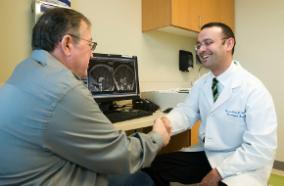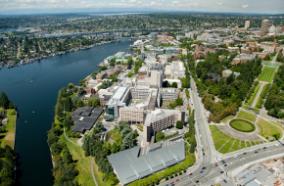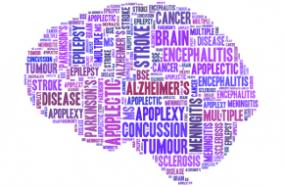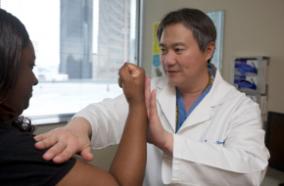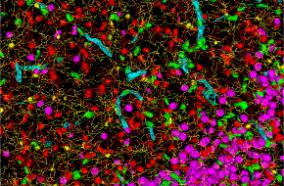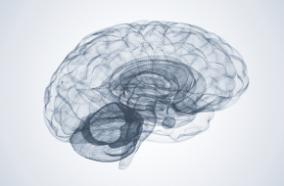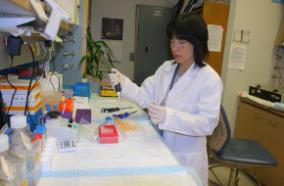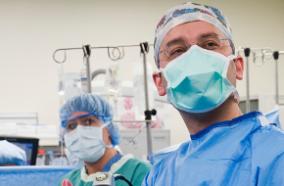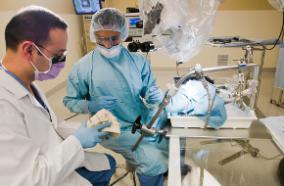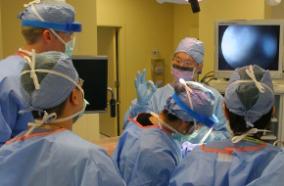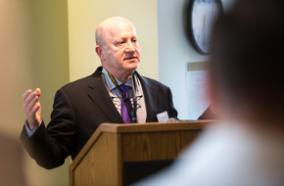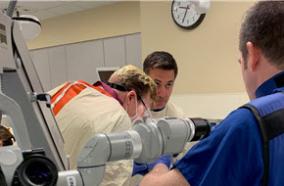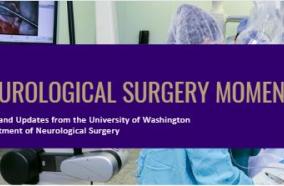Movement disorders refer to abnormal movements of the arms and legs that cause difficulty with walking, daily activities and tremor.
The UW Medicine Gamma Knife Center at Harborview Medical Center offers four surgical procedures for patients who suffer from movement disorders:
-
Pallidotomy and thalidotomy
-
Deep brain stimulation (DBS)
-
Stereotactic radiotherapy and radiosurgery
Patients are evaluated by a multidisciplinary team of neurologists and neurological surgeons to determine if a surgical procedure is appropriate for the treatment of their movement disorders.
If a patient appears to be a suitable candidate, further preoperative testing is obtained and surgery is scheduled. Surgery is performed using both anatomic localization and by recording the activity of the neurons in this region. This enables our team to identify the specific neuronal regions that are abnormal based on neuronal recordings as opposed to relying solely on anatomic parameters.
Follow-up occurs at six months after surgery and includes functional testing, as well as MRI. If the patient had a successful response and symptoms on the opposite side of the body warrant a second procedure, the patient will then be scheduled.
A variety of conditions cause movement disorders, including Parkinson’s disease, multiple sclerosis and essential tremor.

